
Despite growing awareness and dangers of opioid diversion, misuse among the aging population has skyrocketed.

Despite growing awareness and dangers of opioid diversion, misuse among the aging population has skyrocketed.
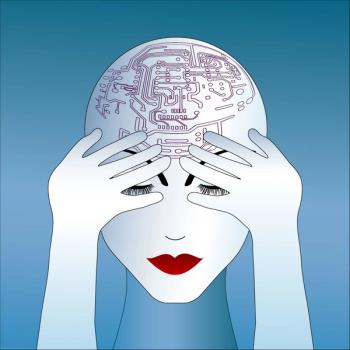
Tardive dyskinesia hits affected populations hard, especially older folks with poor support systems.

A small exploratory study provides a first look at the role of social relationships in maintaining sobriety.

Educational privilege may play major role in age-related memory loss and dementia risk.
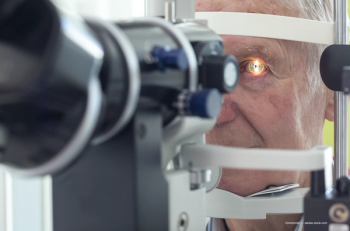
Cataract surgery may have a salutary effect on the trajectory of cognitive decline.

New findings from a small study confirm previous research that shows a potential value of EMDR in the management of major depressive disorder.

Evaluation of allocentric spatial processing may be a much better way to determine Alzheimer disease risk than egocentric spatial processing tools.

A recent study found mindfulness-based cognitive therapy plus treatment-as-usual helped patients who stuck with the program.
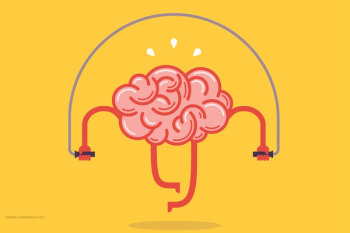
Although intellectual stimulation and socialization are of benefit, enhanced motivational ability may be key to averting cognitive decline.

Findings from a new study may have implications in relation to early childhood interventions and later targeted pharmacotherapies for MDD.

Cortisol and thyroid hormone levels may help predict response to cholinesterase inhibitors in patients with Alzheimer disease.

A small study finds that thyroid function may meditate treatment efficacy in patients with AD.

Researchers may have cracked the code to the mystery of depression, inflammation, and C-reactive protein.

Does moderate- to high-intensity aerobic and strength exercise training slow cognitive decline over the long term? New research might surprise you.

A simple diagnostic test for Lewy body dementia?

Pretreatment assessment of functional brain connectivity in patients with major depressive disorder may predict treatment response, according to new study.
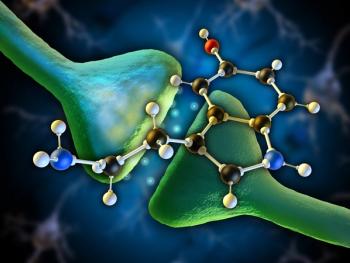
High levels of vitamin D-binding protein may hold promise for use as a diagnostic biomarker of pediatric BD.

A new study makes the case for universal screening in patients who appear to be most vulnerable to underdiagnosis.

A structured training program for parents of children with ADHD was highly successful in ameliorating a number of behaviors and symptoms associated with the disorder.

The amyloid-β42/40 ratio should be included as a cerebrospinal fluid biomarker for Alzheimer disease, according to a new study.

New-onset neuroticism and guardedness may be incipient signs of Alzheimer Disease, according to a new study.

Pregnant women should maintain higher high-density lipoprotein levels for adequate fetal brain development and reduction of ADHD risk, according to a new study.
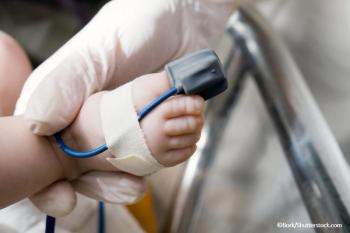
Preterm birth and low birth weight can heighten the risk by at least 2-fold.

What underlies the higher prevalence of Alzheimer disease among older African Americans?
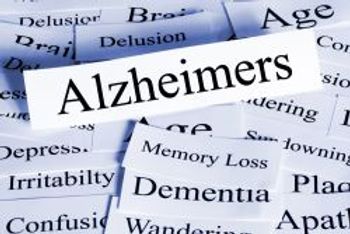
A look at sex differences in the neuropsychological deficits of Alzheimer disease.

Recommendations from an international panel of experts on the management of MDD.
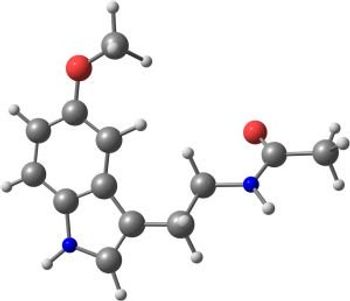
Here: an alternative to the trial-and-error method that can boost treatment response rates.

Blood-based vibrational spectroscopy shows promise as a screening tool for dementia.

A look at the impact of shift work and long hours on cognitive function.

Recent findings challenge the notion that these agents can provide sustained protection against cognitive decline.

Published: June 8th 2015 | Updated:

Published: May 28th 2015 | Updated:
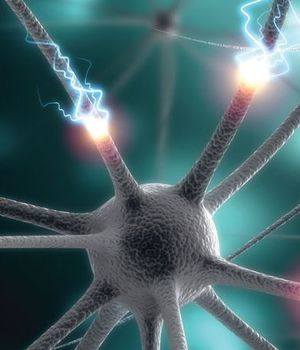
Published: June 16th 2015 | Updated:

Published: June 16th 2015 | Updated:

Published: June 5th 2015 | Updated:

Published: June 4th 2015 | Updated: